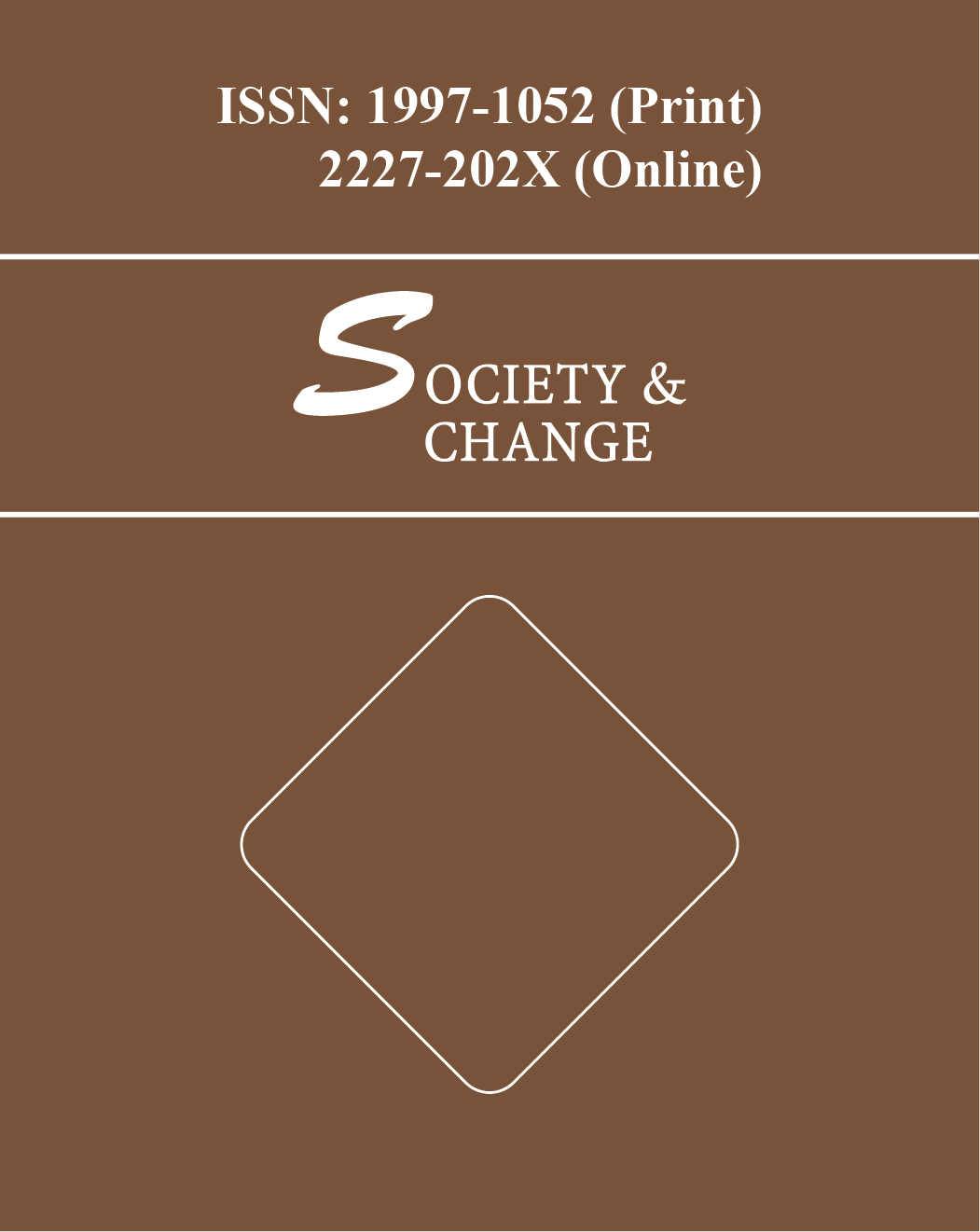Right to food is a human right. It protects the right of all human beings to live with dignity, free from hunger, food insecurity and malnutrition. Rights to food directly link with right to life of human being. It talks about the substance of human life. The right to food is not charity, but about ensuring that the all people have the capacity to feed themselves with dignified life. Bangladesh is the country having multi-ethnic, multicultural and multi-religious in nature has deemed to include them in the state’s authority and vested to them the sovereignty of the state. Accessibility to sufficient, safe and nutritious food to meet the minimum standard of dietary needs and food preference for and active healthy life is food security. The concept of food security has four pillars which emphasizes on availability, accessibility, utilization and stability of the food and sources of food. The right based approach to food security has further legal dimension in that government have a legal obligation progressively to enable all individual within their borders not merely to be free from hunger but to procure, in ways that fully consistent with their dignity, food that is adequate for healthy active life. Realizing the right requires the availability of food in quantity and quality sufficient to satisfy the dietary needs of individuals, free from adverse substances and acceptable within a given culture; the accessibility of such food in ways that are sustainable and that do not interface with the enjoyment of other human rights. This paper examines the framework laws on right to food and role of State to ensure food security in Bangladesh. Upon a summary discussion of the present situation of Bangladesh, its existing legal regime on right to food and identifying the major gaps and inconsistencies, this paper underscores the need for a holistic legal reform with a right based approach; that can be steered by a framework law on right to food.



 Additional Indexing
Additional Indexing